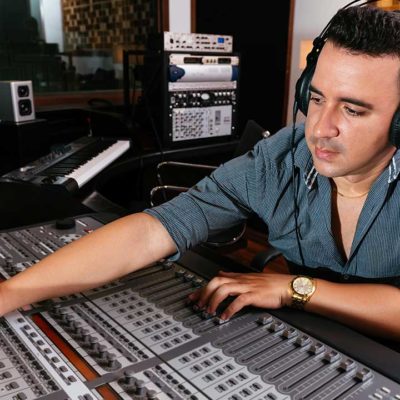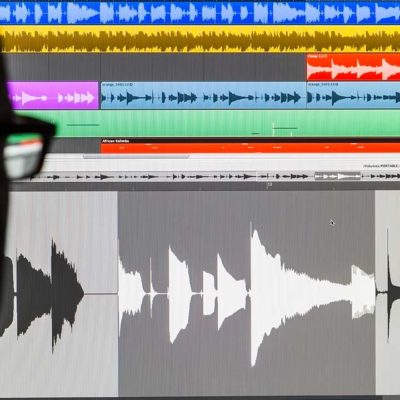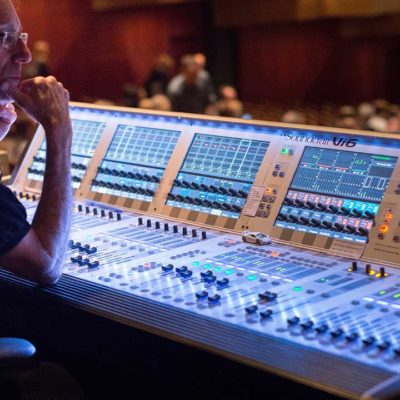When you tell people that you’re a music producer, a lot of times their perception of you will be vastly different from what the reality is. A lot of hard work goes into music production, but many people are still unfamiliar with the work that comes with it, or how the music industry actually operates.
Here are a few things you probably didn’t know about music production:
1. Most Music is Inspired by Other Music
Inspiration has to come from somewhere, and in the music industry, it generally comes from previously made music. Although copyright infringement is still a thing, music producers commonly borrow elements of other songs to incorporate into their own work.
Hip Hop music is known for sampling other popular songs and looping them to create a beat. Electronic music also uses this same method for their own songs in the form of remixes. In fact, some of the most popular songs ever made utilize the same four chords: D major, A major, B minor, and G major.
Even though these songs come from a wide variety of genres, there are only so many combinations of chords that sound good enough for pop music.
[easy-social-share buttons="facebook,twitter,pinterest" counters=0 style="button" nospace="yes" fullwidth="yes" point_type="simple" facebook_text="Share + Facebook" twitter_text="Share + Twitter" pinterest_text="Share + Pinterest"]
2. Producers Don’t Have to Be Good Musicians
It’s a commonly held misconception that producers have to be good at playing music to be successful, but this is far from the truth. Although the work itself is creative in nature, producers don’t necessarily have to great musicians themselves. Producers are generally in charge of putting together the music and take a different approach to making music than other artists.
3. Producers Often Study Music in School
Even though music producers don’t necessarily have to be good musicians, they still need to have a lot of technical knowledge, which is usually acquired by studying music in school. We often hear about self-taught DJ’s producing music out of their bedrooms and landing major record deals, but more often than not, many music producers have to study music in college before they can begin an actual career in the music industry.
Music education offers many benefits, including mentorship, constructive criticism by peers, and exposure to different techniques. Music school also offers the chance for up-and-comers to network with one and another to collaborate on projects. In fact, the curriculum actually forces students to apply their knowledge to produce actual work, and students generally begin to build their careers within the first few months of study.
4. Overnight Success is Rare
A career in music production isn’t necessarily made successful overnight. It can take years, even decades, for a music producer to achieve any decent level of recognition. This is especially true in the electronic music genre, where DJs usually have to spend an inordinate amount of time refining their techniques before they can be successful.
Ryan Raddon, more commonly known as Kaskade, started his career in music production in 1989, but only started seeing success during the late 2000s. Joel Zimmerman, otherwise known as Deadmau5, started producing music when he was 16 years old, and didn’t acquire much fame until he was almost 30.
5. Music Production is a Business
Because of the creative nature of music production, many people tend to forget that producing music is a business. Music producers fulfill an entrepreneurial role in the music industry.
The sound equipment and recording software don’t pay for themselves, and producers generally have to understand the fundamentals of business management before they can be successful. This generally includes skills in accounting, operations management, and marketing.
The most successful producers understand that their music, their talent, and their technical knowledge are, essentially, commodities to be bought and sold, and will look for the best ways to market themselves.











Leave a Reply